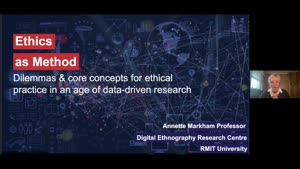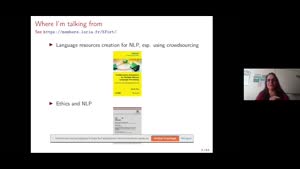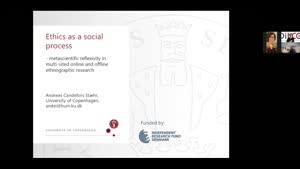Linguistic governmentality and media technologies: How is language ordered in the age of large language models?: DiLCo Lecture Series 2023 (26 October) - Dr. Britta Schneider - University of Hamburg
- Lecture2Go
- Catalog
- F.5 - Geisteswissenschaften
- Sprache, Literatur, Medien (SLM I + II)
- Digital language variation in context (DiLCo)
Catalog
Linguistic governmentality and media technologies: How is language ordered in the age of large language models?: DiLCo Lecture Series 2023 (26 October)
Britta Schneider is Professor of Language Use and Migration at European University Viadrina, Germany. Her main research interest is language ideology research, with a focus on the discursive and material construction of languages in transnational, multilingual settings and in digital culture. She is chair of the working group ‘Ideologies, Beliefs, Attitudes’ of the COST Network Language in the Human-Machine Era and received a PhD from Goethe Universität Frankfurt am Main, Germany, and from Macquarie University Sydney, Australia. Key publications include Salsa, Language and Transnationalism (2014), “Methodological nationalism in linguistics” (Language Sciences, 2019), “The sociolinguistics of late modern publics” (Journal of Sociolinguistics, with Theresa Heyd, 2019), and “Multilingualism and AI – the regimentation of language in the age of digital capitalism” (Signs and Society, 2022).
In this talk, I explore how linguistic governmentality – normative discourses on language, multilingualism and linguistic diversity – is reconfigured in the age of large language models. Traditional ideas about how to govern language are mostly based on modernist-national epistemologies, constituted in cultures of writing, in which languages are understood as rule-based abstract systems of denotational signs organized according to territorial communities. This contrasts with the language cultures and concepts that come into being in the age of AI language models. Here, ‘languages’ are treated as datasets, whose algorithmic exploitation serves commercial and political interests, embedded in neoliberal practices but also in democratic discourses. What are the effects of this on sociolinguistic hierarchies, processes of community formation, and on minority language policies? What happens to modernist ideas of languages as abstract systems and what are new forms of linguistic resistance?
DiLCo Lecture Series 2023 aims to showcase cutting edge international research on digitally language and communication by both senior and younger researchers from across the world. We wish to present research that explores digital language and communication by drawing on key concepts and topics in socio-cultural linguistics, such as community, context, identity, mediated interaction, multimodality, and linguistic change. We particularly welcome presentations of innovative methods that cut across traditional disciplinary boundaries.
--- DiLCo (‘Digital language variation in context’) is a 3-year international research network initiated in 2021 at the University of Hamburg. The network brings together researchers from Europe and USA with expertise in computational, interactional, and ethnographic approaches to digital language and linguistics. It aims to provide a platform for the development of interdisciplinary ideas in digital language and communication research, and for early-career capacity building.
---
DiLCo (‘Digital language variation in context’) is a 3-year international research network initiated in 2021 at the University of Hamburg. The network brings together researchers from Europe and USA with expertise in computational, interactional, and ethnographic approaches to digital language and linguistics. It aims to provide a platform for the development of interdisciplinary ideas in digital language and communication research, and for early-career capacity building.

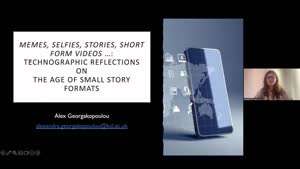
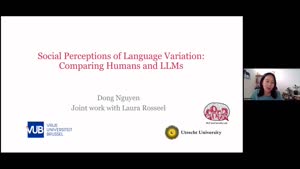
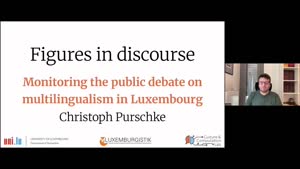
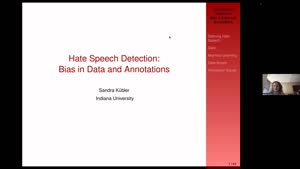
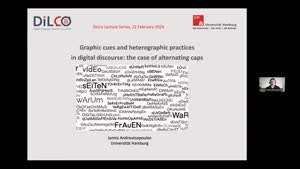
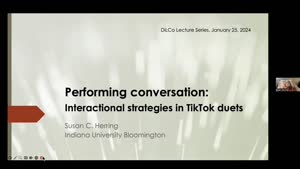
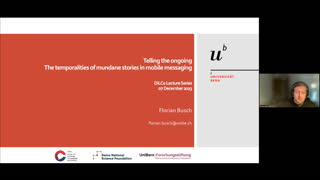
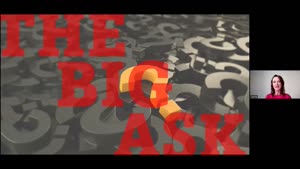
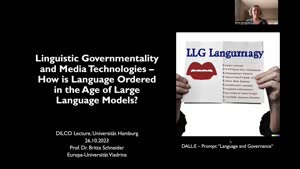
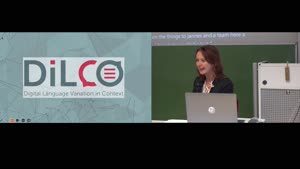
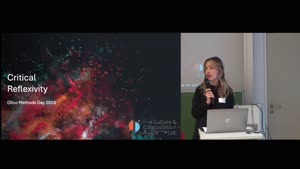
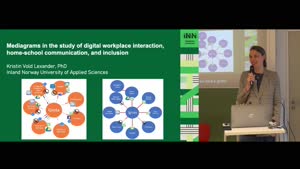
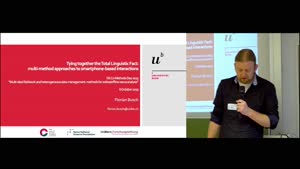
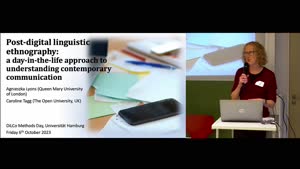
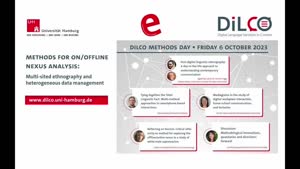
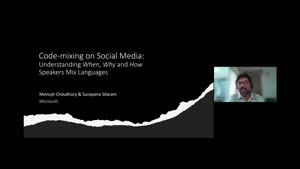
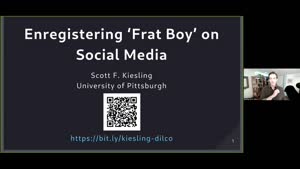
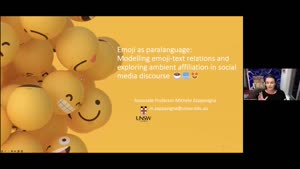
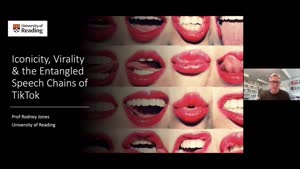
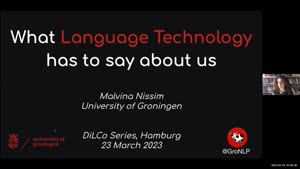
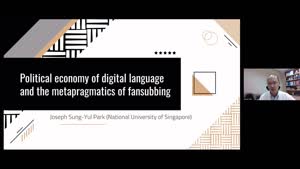
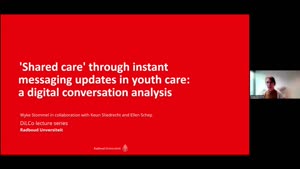
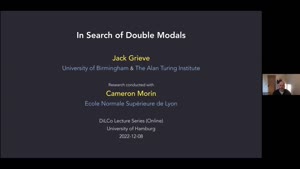
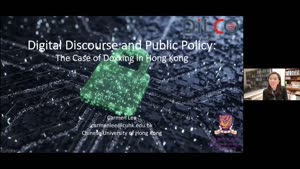
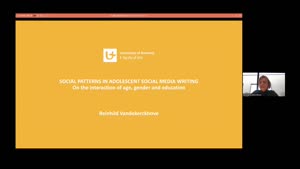
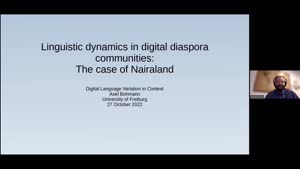
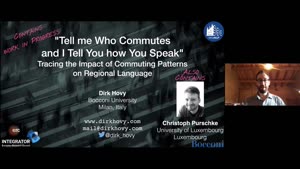
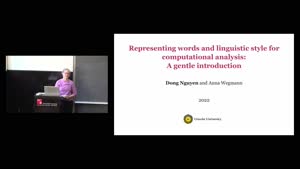
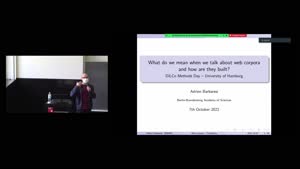
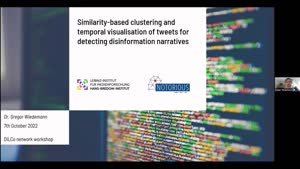
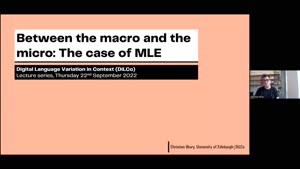
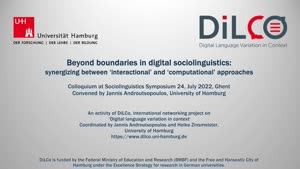
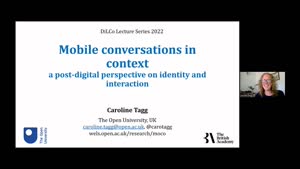
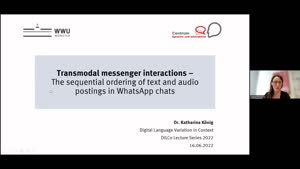
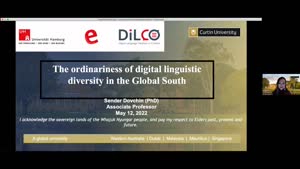
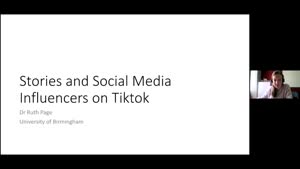
![Thumbnail - Graphic Prosody and political discourse on Greek Reddit [Presentation in Greek]](https://lecture2go.uni-hamburg.de/images/00.000_video-61074_2022-03-30_18-30_m.jpg?lastmodified=1663761108652)
